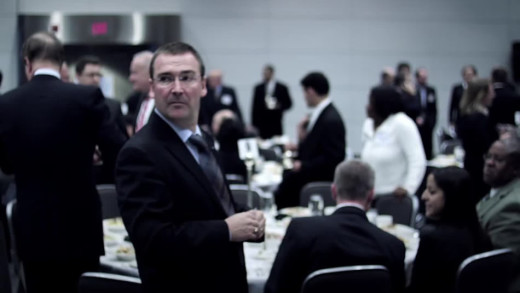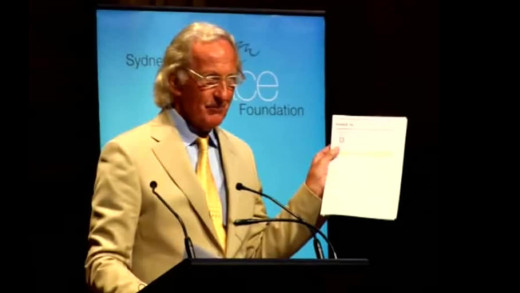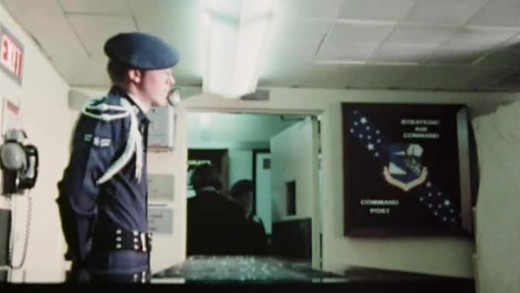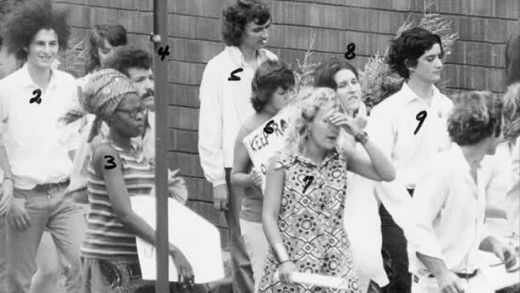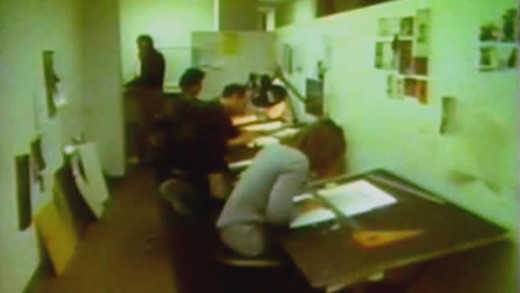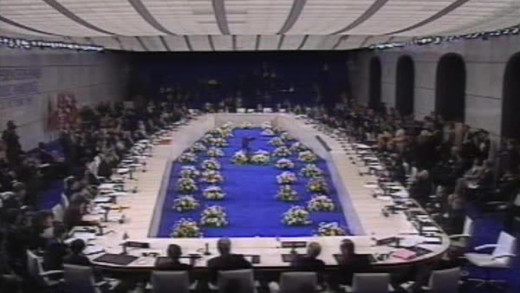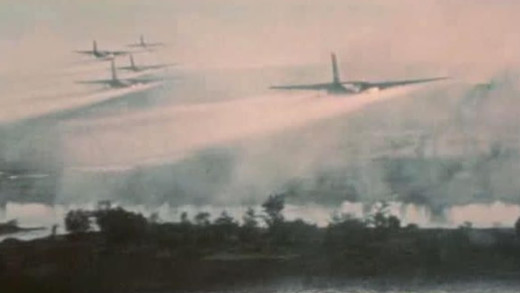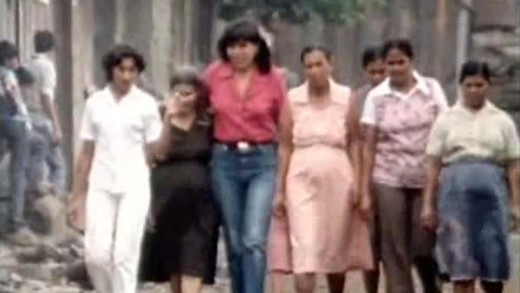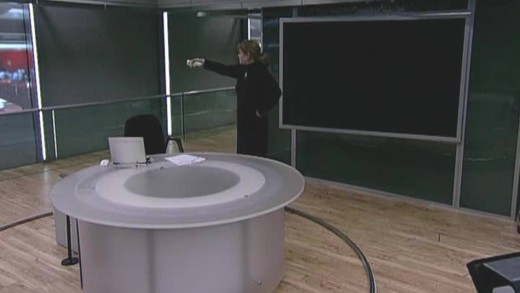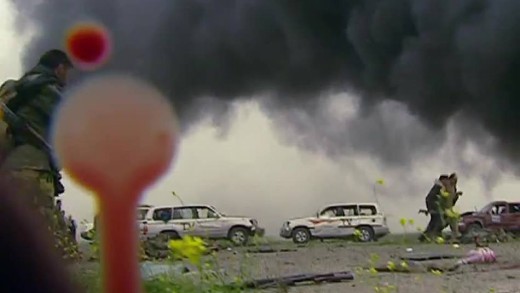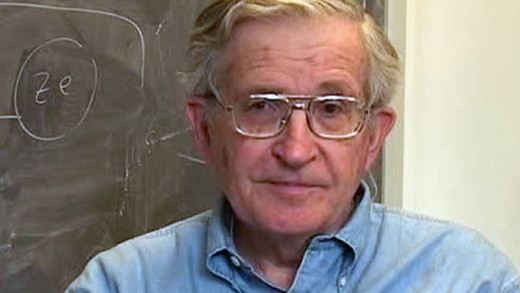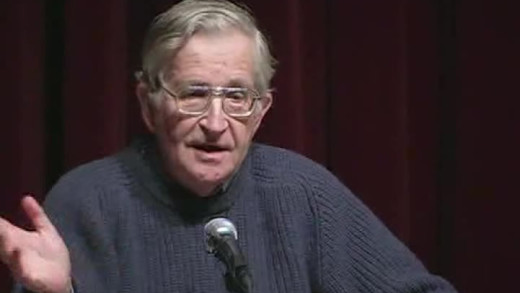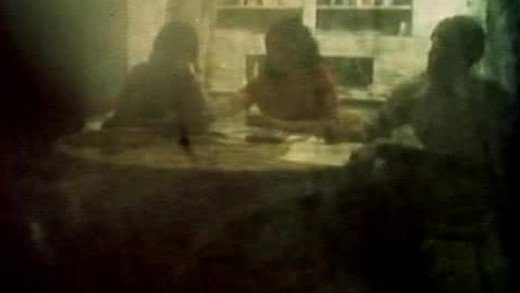Brussels, the capital and largest city of Belgium, has a long history of hosting the institutions of the European Union within its European Quarter; while the Union itself claims it has no capital and no plans to declare one--despite the fact that Brussels hosts the official seats of the European Commission, Council of the European Union, and European Council, as well as a seat of the European Parliament. In any event, it is here--in this centre of smoke and mirrors--that exists one of the largest concentrations of lobbyist power in the world. The Brussels Business scratches the surface of this extensive world hidden-from-view by looking at the direct influence of lobbyists and the complete lack of transparency in the decision-making processes. Speaking with lobbyists and activists themselves, The Brussels Business reveals the beginnings of a vast landscape of PR conglomerates, front companies, think-tanks and their closely-interlinking networks of power and ties to political and economic elites. The questions then become: Who actually runs the European Union? How? And why?
John Pilger talks at a public forum in Sydney about the recent revelations of WikiLeaks and the importance of leaked information in exposing the lies and machinations of Public Relations in mainstream media and political rhetoric. Pilger demonstrates the parallels with the plight of Julian Assange and the treatment of David Hicks through the United States legal system, and also explains using recent leaked documents why state power sees investigative journalists and others as a major threat to the established order...
Mr Nixon's Secret Legacy covers the absurdity of the supposed logic behind "Mutual Assured Destruction" or MAD--a doctrine of military strategy and the national security policy of the United States during the cold war. During this time, MAD is supposedly disassembled, but replaced with a strategy called "Counterforce." This film investigates the propositions of "Counterforce," questioning the rhetoric of executing a "flexible, acceptable nuclear war."
Persons of Interest is a four part series where former activists and political dissidents are given their previously secret ASIO files and asked to explain the allegations contained in them. As a result, the series unravels the hidden political and cultural history of Australia that is still being unmasked today in a world gripped by confirmations of mass surveillance abuses by ASIO and other intelligence agencies such as the NSA in the United States. Using the content of the ASIO records themselves along with genuine surveillance footage, this series tells the story of spies, traitors and intelligence intrigue in Australia against a backdrop of the big political events of the 20th century; at a time when fear of Communism, outsiders and threats to the established order fostered the construction of a vast and secret network of surveillance on ordinary people.
Street of Joy
Street Of Joy looks at how product marketing methods and advertising techniques are applied to politics by specifically following the campaigns around the election of Jimmy Carter in the United States during 1976. In these times, the techniques of today are seen in their early years, especially the use of carefully crafted images for use on television...
John Pilger travels to Cambodia to investigate how the United Nations has allowed the Khmer Rouge regime to grow stronger. Why has Pol Pot's organisation grown stronger and more menacing since the arrival of the UN? Cambodia -- Return To Year Zero looks behind the façade of the so-called 'peace process' and asks: Has the unthinkable for Cambodia at last been made acceptable for the rest of the world?
In Australia
In Australia takes a candid look at the highs and lows of Australian society, circa 1976. The film ties together the workings of media manipulation in its early days, along with the removal of Prime Minister Gough Whitlam by Governor-General coup d'état—Kerr's Cur—to demonstrate the common apathetic side of popular culture in the 'lucky country.' The film also touches on the subtlety of remnant class structures remaining from English heritage by revealing the workings of the 'Occa'—a prudish stereotype of the common person portrayed and exploited by mainstream media, revealing views on immigration and racism in a country, ironically, colonised by immigrants.
From 1974, Hearts and Minds documents the events of the Vietnam War using news clips as well as directly captured footage showing actions and other happenings on the ground by the United States military during the war. The film also follows Vietnamese people themselves as to how the war affects them and why they fight back. Hearts And Minds reveals a racist and self-righteous militarism of the west, ironically in stark similarity to recent happenings in Iraq and elsewhere.
Cambodia -- The Betrayal is the fourth follow-up to John Pilger and David Munro's series on Cambodia, the film Year Ten from 1989, which examined the hypocrisy of western geopolitics by looking at the way in which the United Nations pressured Cambodia to accept the Khmer Rouge regime as part of the United Nations peace plan.
In 1979, the people of Nicaragua successfully put an end to decades of the corrupt Somoza dictatorship whose family had been in power for more than 40 years, put there by the United States marines. Four years later, this film travels to Nicaragua to question: How can a country survive when its jungle borders hold 4000 hostile troops?
Oh Dearism II
A look back on the news events from 2014 reveals a confusing, muddled mess. Things are increasingly chaotic, along with the reporting of the events in the culture of 24-7 rolling news, sound-byte feeds and the Internet. The result, as we see, is not a coherent public understanding of these complex events, but more a profound mass-confusion, with discourse destroyed, which in-turn broods disengagement from the world and further atomises an already divided-and-conquered public. It is this response that is a powerful form of social control, and is by design...
Bitter Lake
Bitter Lake explores how the realpolitik of the West has converged on a mirror image of itself throughout the Middle-East over the past decades, and how the story of this has become so obfuscating and simplified that we, the public, have been left in a bewildered and confused state. The narrative traverses the United States, Britain, Russia and Saudi Arabia—but the country at the centre of reflection is Afghanistan. Because Afghanistan is the place that has confronted political figureheads across the West with the truth of their delusions—that they cannot understand what is going on any longer inside the systems they have built which do not account for the real world. Bitter Lake sets out to reveal the forces that over the past thirty years, rose up and commandeered those political systems into subservience, to which, as we see now, the highly destructive stories told by those in power, are inexorably bound to. The stories are not only half-truths, but they have monumental consequences in the real world.
In the aftermath of the events of September 11th, 2001; MIT linguist and political philosopher Noam Chomsky found himself called upon to provide much-needed analysis and historical perspective regarding this moment in American history. In the months following, Chomsky gave dozens of talks on four continents, conducted scores of media interviews, and published a book called '9-11.' In this film and in his book, Chomsky places the events of September 11 in the context of American foreign intervention throughout the postwar decades—in Vietnam, Central America, the Middle East, and elsewhere. Beginning with the fundamental principle that any exercise of violence against civilian populations is terrorism—regardless of whether the perpetrator is a well-organized band of Muslim extremists or the most powerful nation-state in the world—Chomsky challenges the United States to apply the moral standards it demands of others to its own actions.
In Imperial Grand Strategy renowned linguist and philosopher Noam Chomsky focuses on the issue of the invasion of Iraq, and cuts through the ideological fog that surrounds the invasion and occupation, laying waste to the US government's justifications for them. In the process, Chomsky uncovers the real motivations behind US military aggression: a global imperial plan put in place long before Iraq and that will extend far into the future, unless we do something about it.
Underground is a film about the Weather Underground Organisation—a group founded as a militant faction of the civil rights and anti-war movement of the 1960s and 1970s. The film combines interviews with members of the group after they went underground who explain how they became radicalised amongst the political happenings in the United States at the time, as well as the revolutionary struggles in Cuba, Russia and China, and the history of struggles over Native American rights and labour issues. Also detailed is the group's analysis of American society, addressing those who have inspired them, and further explaining the reasons behind their militancy, while also introducing the issue of tactics. We see the use of property destruction as a way to bring about change and destabilise the current political order. Underground takes an intimate look at the inner workings of the Weather Underground and their strong internal collective identity, providing a record of how a bunch of middle-class Americans became self-styled militant revolutionaries, raising questions not only about the merits of their struggle, but also about past and future radical actions.
